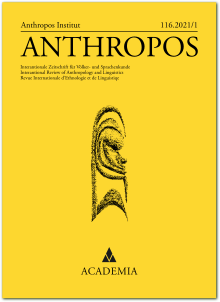Dierk Lange: Sao Traditions of Makari South of Lake Chad. Transcontinental Projections of Assyro-Babylonian History
Abstract
The present study tries to solve the enigma of the legendary Sao on the basis of the traditions of the city-state of Makari south of Lake Chad. It analyses the town’s king list, its oral traditions and its ritual heritage in the light of the Assyrian hypothesis (put forward by the author in several publications). It suggests that Makari’s ancient traditions correspond to extensive transcontinental projections which underwent important transformations by processes of localization. By resetting the traditions in their original Mespotamian context, it shows that the Sao were the Neo-Assyrian conquerors of vast regions of the ancient Near East. After the destruction of Nineveh by the Babylonian insurgent Nabopolassar in 612 B.C. and the subsequent fall of the Assyrian Empire, some of the formerly resettled deportees fled to the region south of Lake Chad where they founded the city-state of Makari. Their desacralized traditions bear witness to the former prestige accorded to the Sao-Assyrians.
[Northern Cameroon, legendary Sao, Assyrians in Africa, migrations, state foundation, conquest state, dynastic traditions, oral traditions, king lists]
